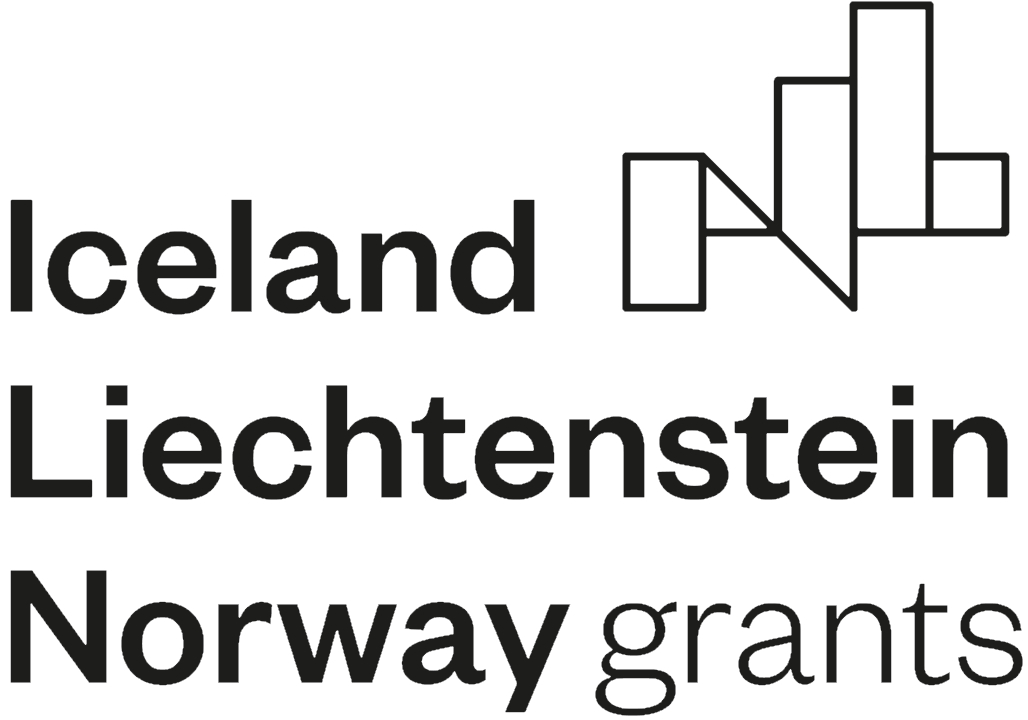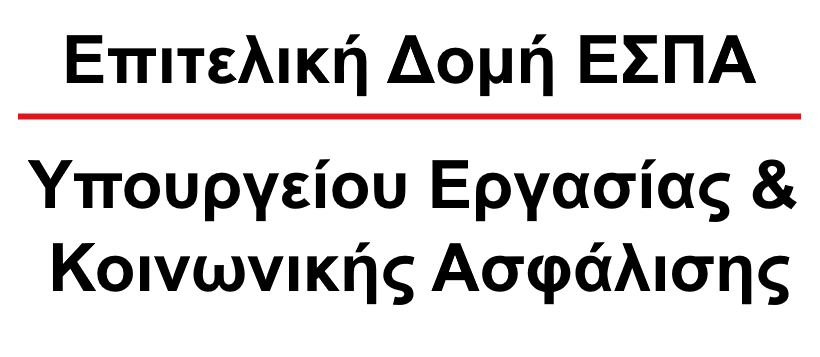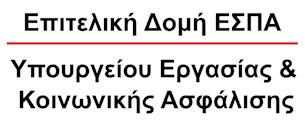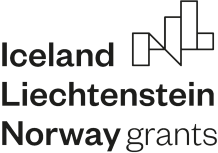The EEA Grants FM 2014-2021 is the tool through which Iceland, Liechtenstein and Norway, as donor countries, work closely with 15 EU Member States of Central and Southern Europe to reduce social and economic inequalities and strengthen the bilateral collaborations between them.
The priority areas of the Financial Mechanism, as well as the thematic areas funded during the period 2014-2021, reflect the priorities of the EU development strategy “Europe 2020” for smart, sustainable and inclusive growth - and the 11 thematic objectives of the EU cohesion policy. Supporting these areas is intended to make a significant contribution to sustainable growth and employment, tackling climate change and reducing energy dependence and finally reducing poverty and social exclusion.
For the funding period 2014-2021, the amount of 2.8 billion Euros is available for the 15 beneficiary countries. Funding is divided into the following five priority areas:
- Innovation, Research, Education and Competitiveness
- Social inclusion, youth employment and poverty reduction
- Environment, energy, climate change and low carbon economy
- Culture, Civil Society, Good Governance and Fundamental Rights and Freedoms
- Justice and home affairs
The current funding period is based on the success of the previous period 2009-2014 and capitalizes on them by drawing ideas for new goals to be achieved, new actions and results to be implemented.
During the current Programming Period 2014-2021 the planning process of each Programme has been improved for better focus on the specific challenges that each beneficiary state has to manage. The strategic programming and the involvement of all relevant actors in Programme planning contribute to the complementarity and the development of synergies between the EEA Financial Mechanism and other European Financial Mechanisms and Funds and increases the socio-economic effect of the EEA Financial Mechanism Programmes assuring the efficient and effective use of the available resources.
Moreover, in this Programming Period 2014-2021, the bilateral cooperation between Donor countries and the Beneficiary States is strengthened. In addition, international partnerships with organisations such as the Council of Europe, the Organisation for Economic Co-operation and Development (OECD) and the EU Fundamental Rights Agency (FRA) will provide know-how, expertise and added value to the selected priority areas.






